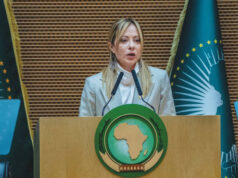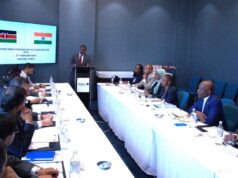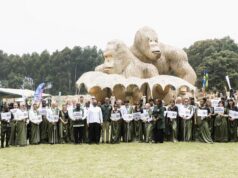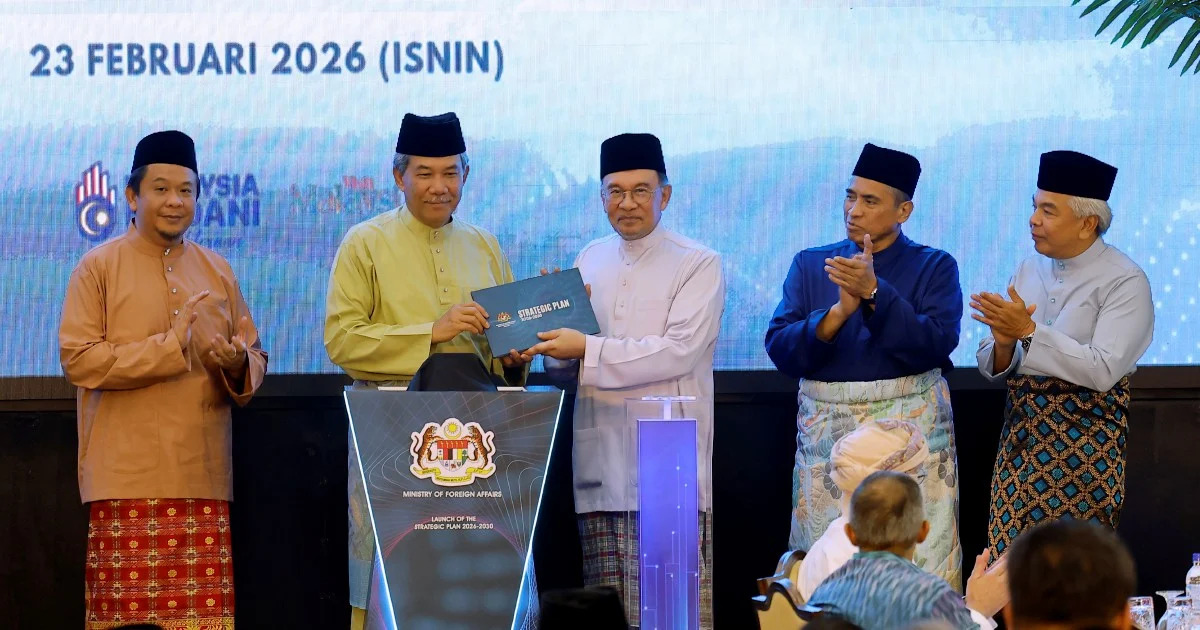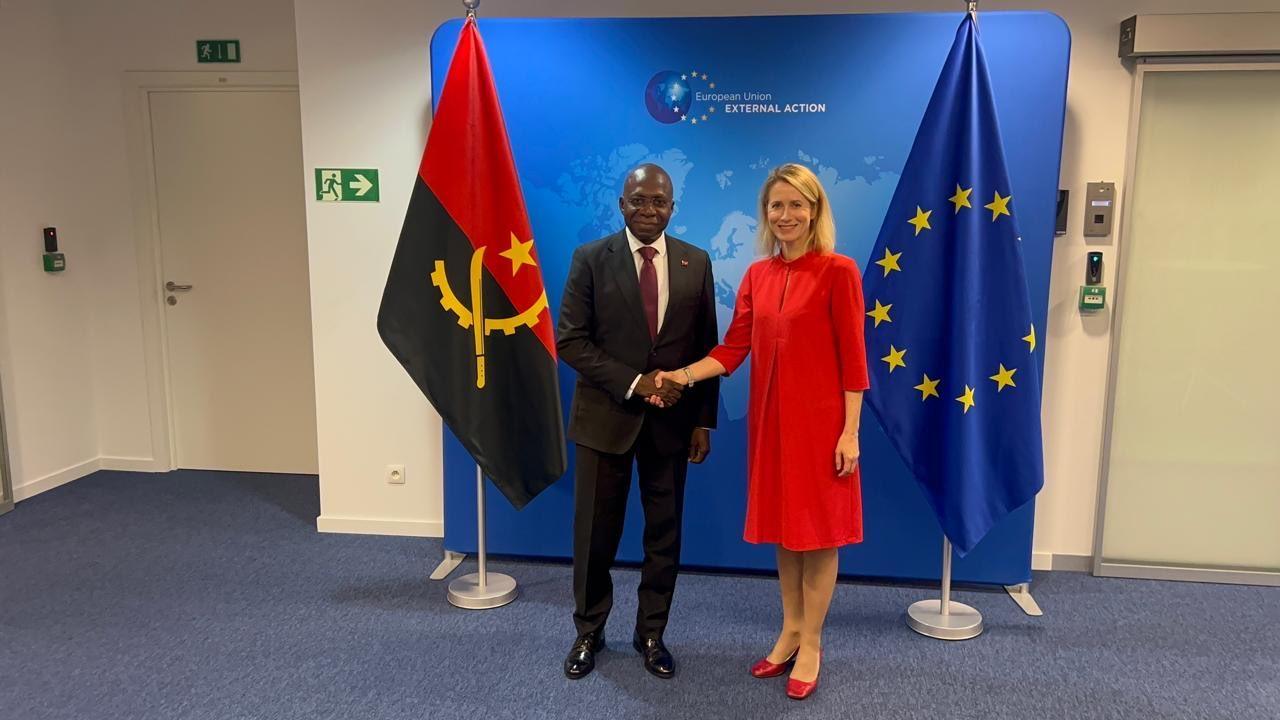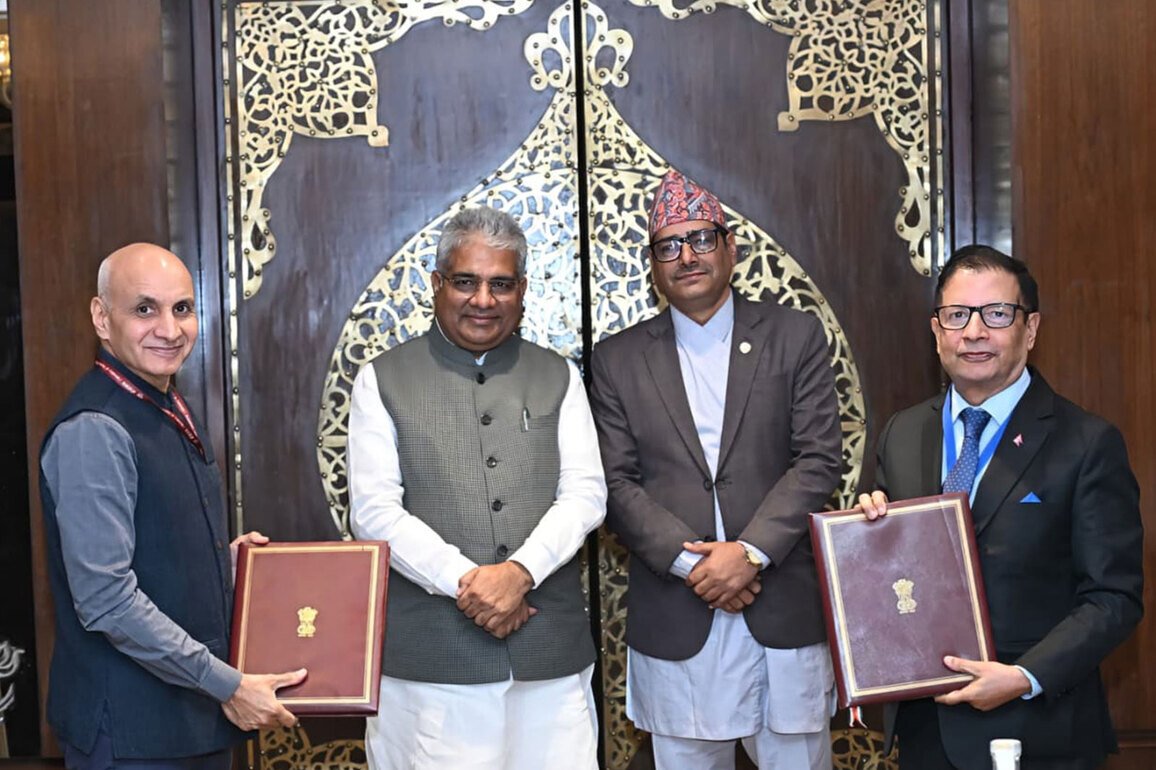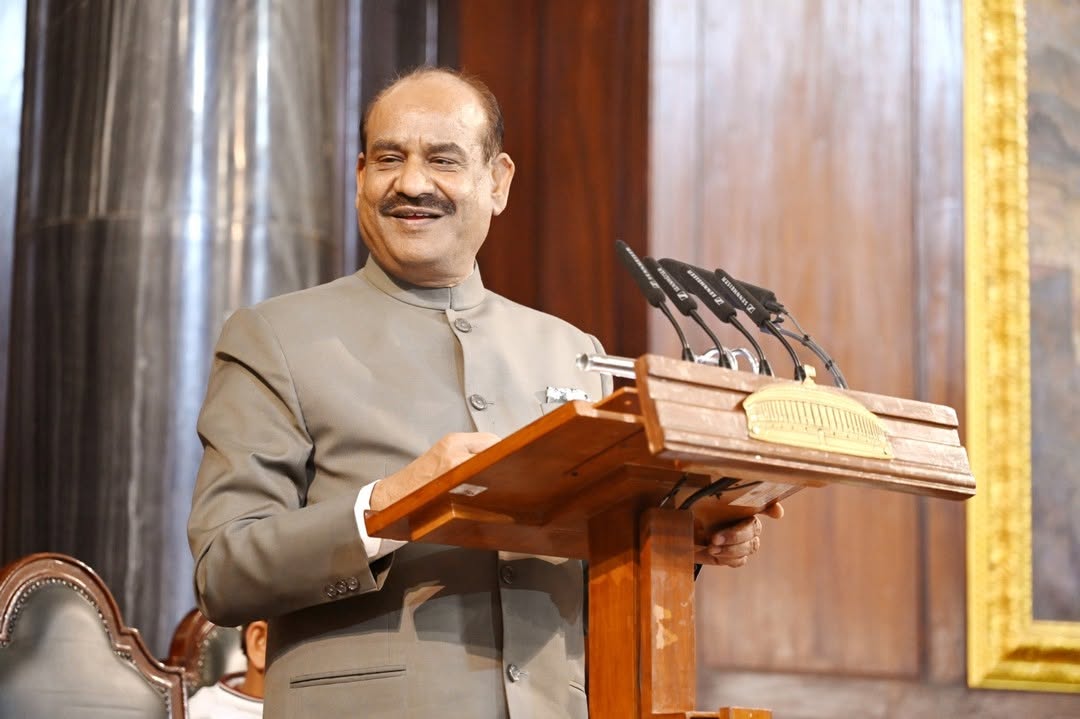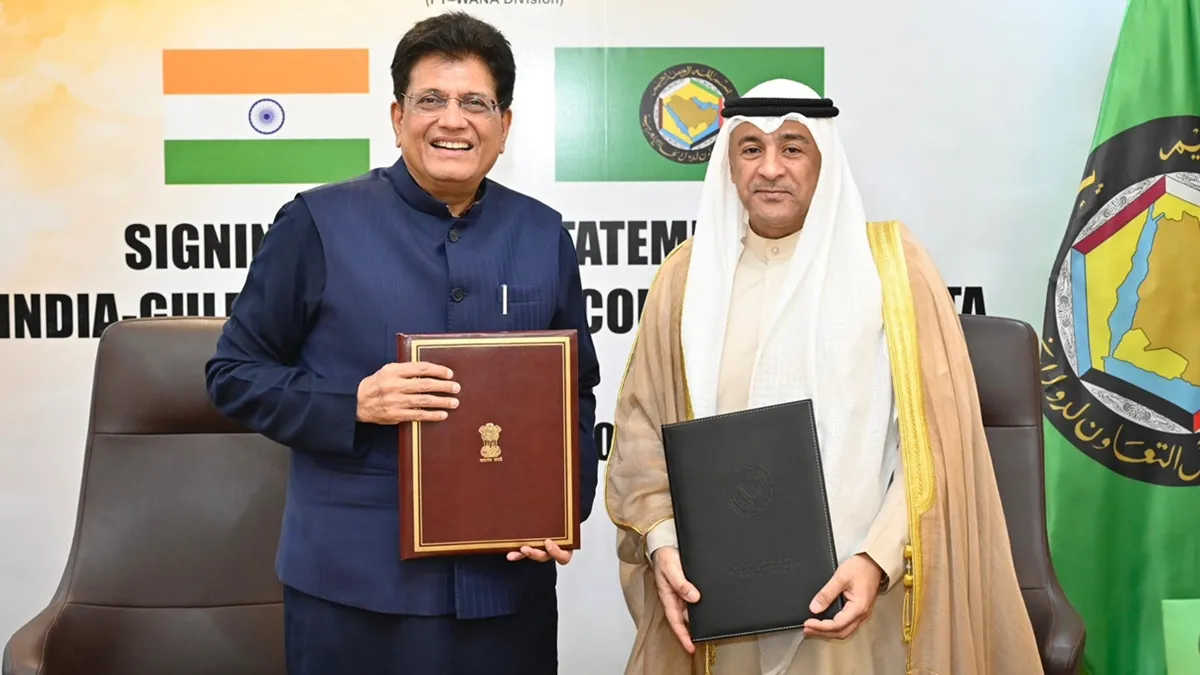The Democratic Republic of Congo (DRC) and the Congo River Alliance/March 23 Movement (M23) signed a Declaration of Principles on July 19, 2025, in Doha, Qatar. The signing ceremony was attended by official representatives of both parties, along with a high-level Qatari delegation. This peace agreement marks an important step toward ending decades of conflict in eastern DRC, where the M23 is based. The agreement was mediated and facilitated by Qatar.
What seemed impossible—the direct negotiation between the DRC and the M23—has now occurred. This declaration marks the first time the DRC government has formally engaged in direct talks with the M23, a group it previously labelled a terrorist organisation before agreeing to negotiations in April.
The series of leaders’ meetings in March served as a launching point for this process, leading to a series of positive developments, including the signing of the Washington Agreement between the DRC and Rwanda on June 27, 2025, which paved the way for the Declaration of Principles.
Key Agreement Details
The declaration, signed with Qatari mediation, creates a framework for a ceasefire. It sets August 8 as the deadline for the beginning of peace talks. Both parties aim to finalise a full peace agreement by August 18.
Main provisions include an immediate cessation of violence, the exchange of prisoners and detainees, the restoration of state authority across the eastern Congo region, and ensuring the safe return of displaced persons and refugees to their homes.
The agreement also includes plans for national reconciliation, involving armed groups that opt for peaceful resolution. It establishes mechanisms for international support in peacebuilding efforts in the eastern DRC region.
Qatar’s Mediation Role
Qatar initiated mediation in March when H.H. Sheikh Tamim bin Hamad Al-Thani hosted DRC President Felix Tshisekedi and Rwandan President Paul Kagame, leading to their call for a ceasefire. This launched direct negotiations between the DRC and M23 in Doha.
Minister of State Dr. Mohammed bin Abdulaziz bin Saleh Al Khulaifi emphasised that both parties share the responsibility for implementation, highlighting Qatar’s neutral mediator position. According to Al Khulaifi, Minister of State at Qatar’s Ministry of Foreign Affairs, the initiative reflects Qatar’s “steadfast commitment to mediation as a cornerstone of its foreign policy.”
International Response
UN Secretary-General António Guterres welcomed the declaration, stating it opens a pathway toward lasting peace, security, and the return of displaced persons and refugees. The UN peacekeeping mission in the country (MONUSCO) called it an important step toward sustainable peace.
African Union Chairperson Mahmoud Ali Youssouf described the agreement as a major milestone in ongoing efforts to achieve lasting peace, security, and stability in eastern DRC and the wider region.
US Presidential Envoy Massad Boulos praised Qatar’s role in facilitating the talks. He noted that past initiatives had largely failed and called this agreement a rare and valuable opportunity for peace.
Moving Forward
The agreement establishes joint mechanisms to implement the ceasefire, with support from MONUSCO and international partners. This includes a verification system to monitor compliance.
Both sides have committed to focusing on protecting civilians and addressing the root causes of the conflict through inclusive dialogue that involves various societal groups within the DRC.


